Top US military firms spent $1bn on Afghan War lobbying, made $2tn: Report
With the US pulling out its last troops from Afghanistan following the violence-marred evacuation efforts, debate is simmering in the country over the viability of the 20-year military campaign.
The longest war in the American history cost the US tax-payers $2.3 trillion, besides resulting in the deaths of 2,324 US military personnel, 4,007 US contractors and 46,319 Afghan civilians, as per the estimates by the Cost of War Project at Brown University.
According to new details about the US war expenditure, the US Congress gave $2.02 trillion to the top five American weapons companies — Raytheon, Lockheed Martin, General Dynamics, Boeing and Northrop Grumman — between 2001 and 2021.
And between 2002 and 2020, federal funding for those five weapons companies grew by 188 percent.
Stephen Semler, co-founder of the Security Policy Reform Institute, in a report said the five military contractors “eat around a fifth of all federal contract dollars and about a third of all Department of Defense (DOD) contract dollars annually.”
A compilation of data from lobbying disclosures archived at Open Secrets, a US-based research group tracking money in US politics, shows that these five firms spent over $1.1 billion on lobbying between 2001 and 2021, when the US invaded Afghanistan and when it abandoned the country in chaos.
These firms ended up earning $1,813 in Pentagon contracts for every dollar spent on lobbying, according to a report in Responsible Statecraft.
A February article co-published by the Responsible Statecraft and The Daily Beast showed how pressure was put on the US policymakers to extend the withdrawal timeline from Afghanistan.
“This is a good example of the fox guarding the henhouse,” Mandy Smithberger, director of the Center for Defense Information at the Project on Government Oversight, was quoted as saying in the report. “One of the problems in our foreign policy making is that all of the advice is heavily dominated by people with financial stakes in continuing war.”
But these figures are small in comparison to over $1 billion spent to influence policymakers via lobbying, leading to enormous federal contracts and outsized gains for owners of weapons stocks.
Jon Schwarz in an article published in The Intercept last month said the defense stocks outperformed the stock market overall by 58 percent during the20-year long war in Afghanistan.
“$10,000 of stock evenly divided among America’s top five defense contractors on September 18, 2001 — the day President George W. Bush signed the Authorization for Use of Military Force in response to the 9/11 terrorist attacks — and faithfully reinvested all dividends, it would now be worth $97,295,” the report said.
A recent report by the US special inspector general for Afghanistan reconstruction (Sigar) on the broader balance sheet for the military intervention in Afghanistan pointed to the failed effort.
“If the goal was to rebuild and leave behind a country that could sustain itself and pose little threat to US national security interests, the overall picture in Afghanistan is bleak,” the report said.
Hamas thanks Iran, Resistance Front following achievement of ceasefire in Gaza
'Capitulation': Israeli officials and media concede Gaza defeat as truce unfolds
'Gaza has won': Social media users react to ceasefire with mix of relief, joy
Iran seeks South Korea’s assistance for AI, fiber-optic projects
VIDEO | Iran's 'Eqtedar' (Power) maneuver
Israel hits HTS military target in Syria for 1st time since fall of Assad
VIDEO | Press TV's news headlines
Israel has slaughtered 13,000 students in Gaza, West Bank


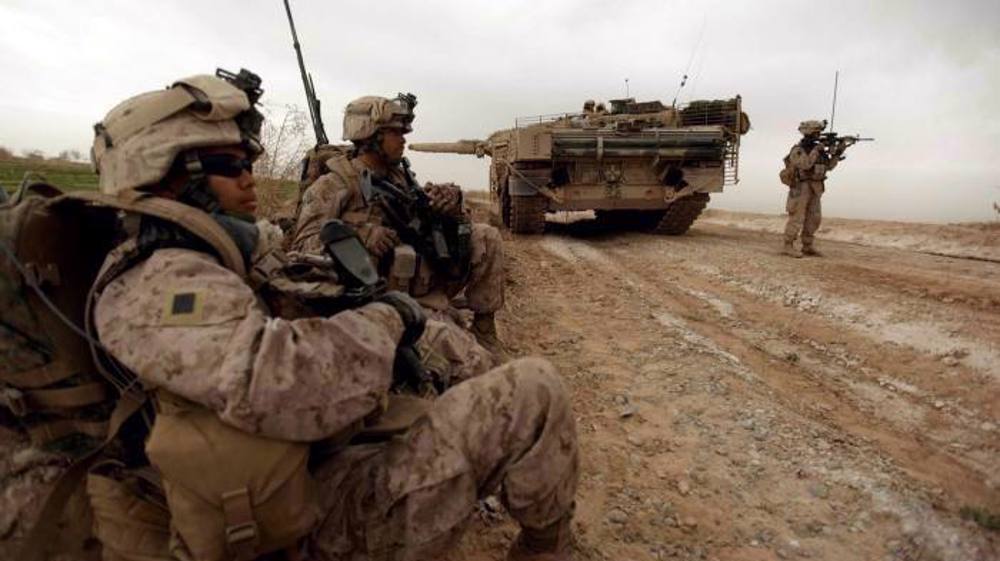
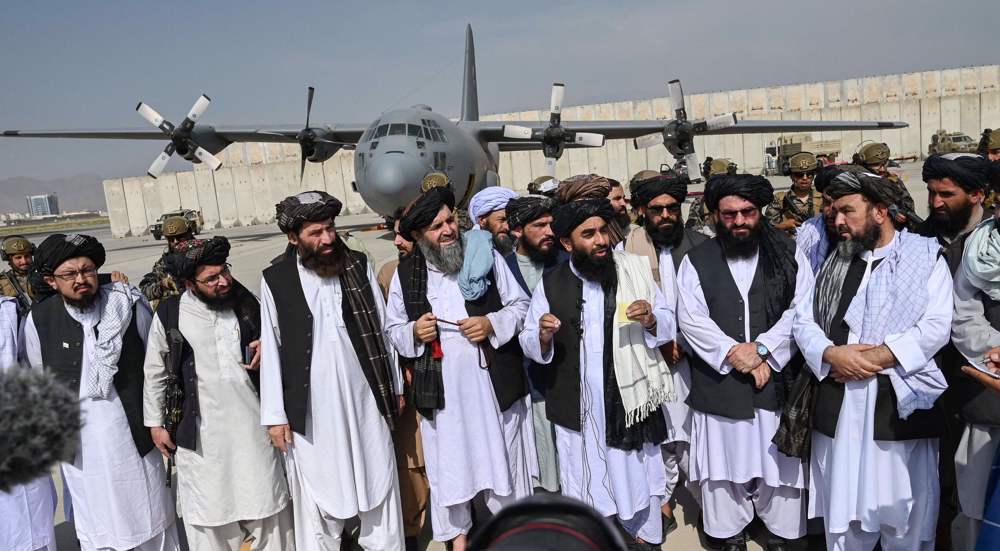
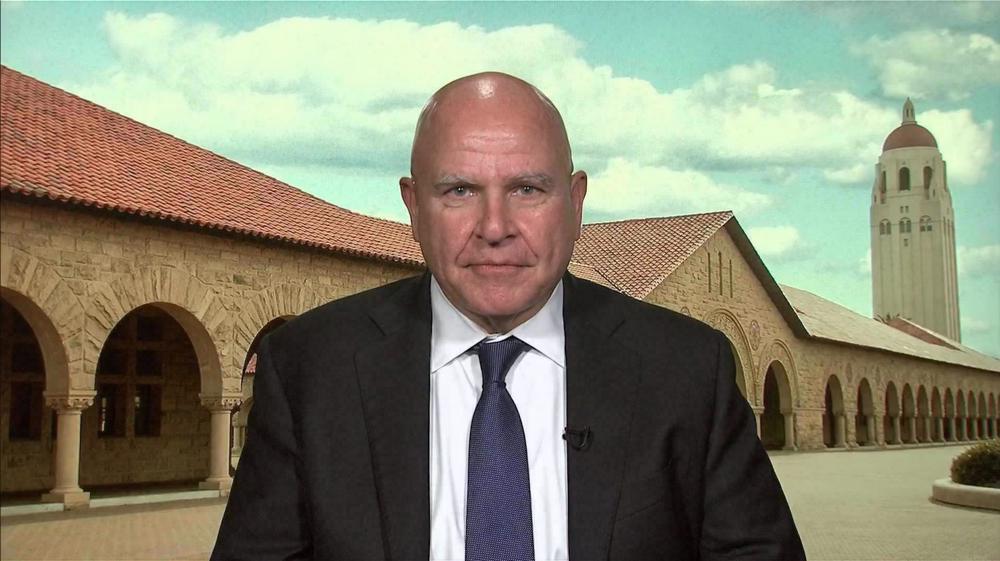
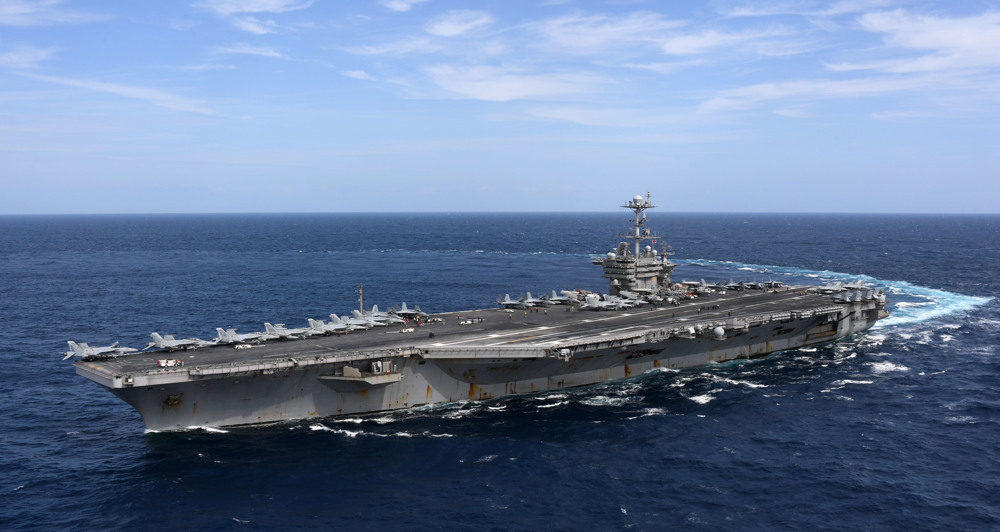
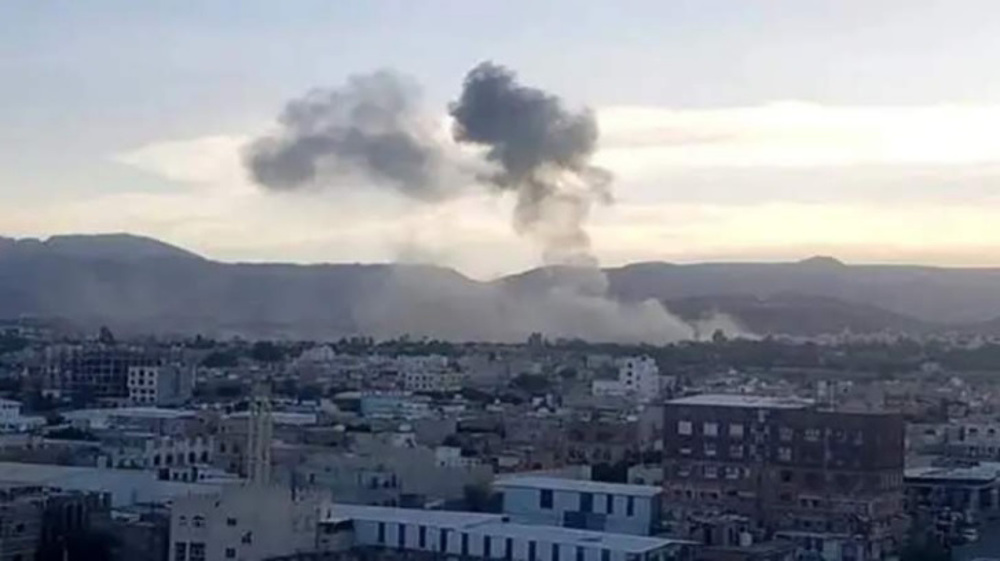
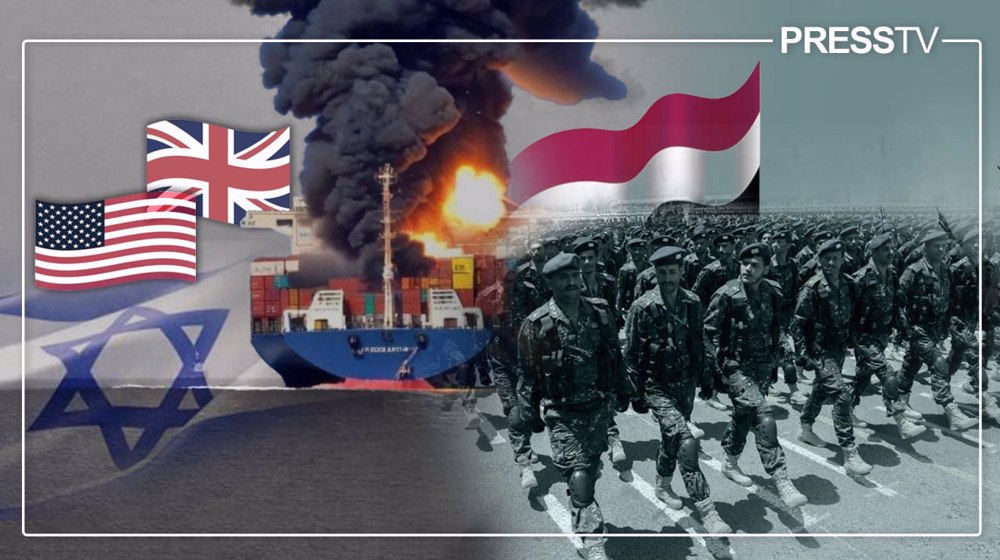



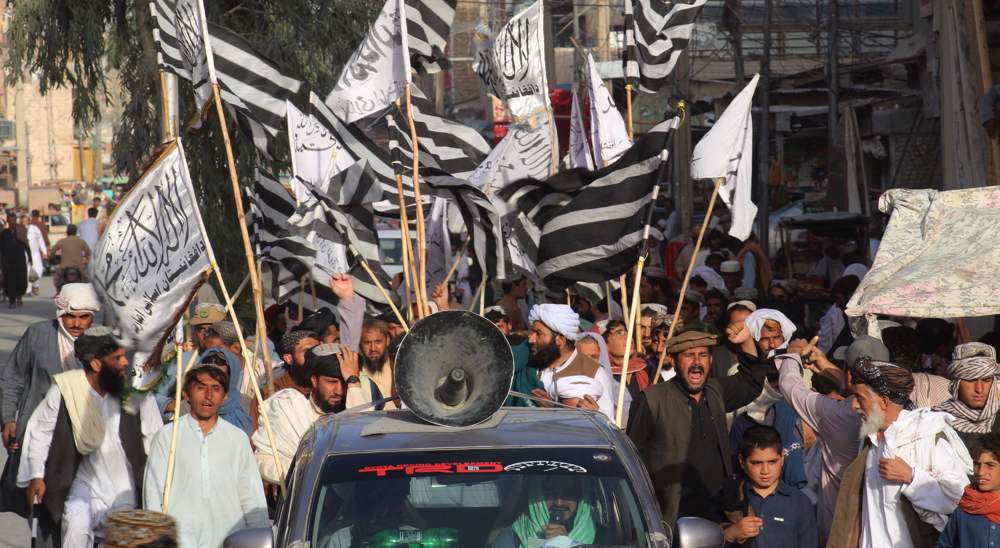
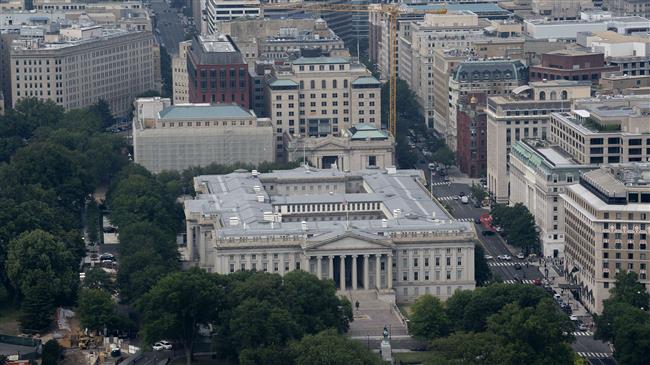
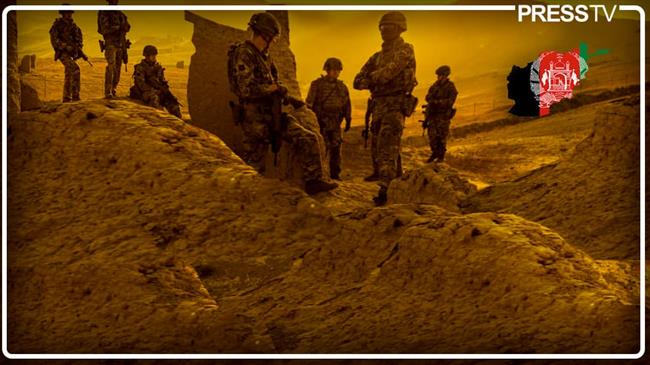

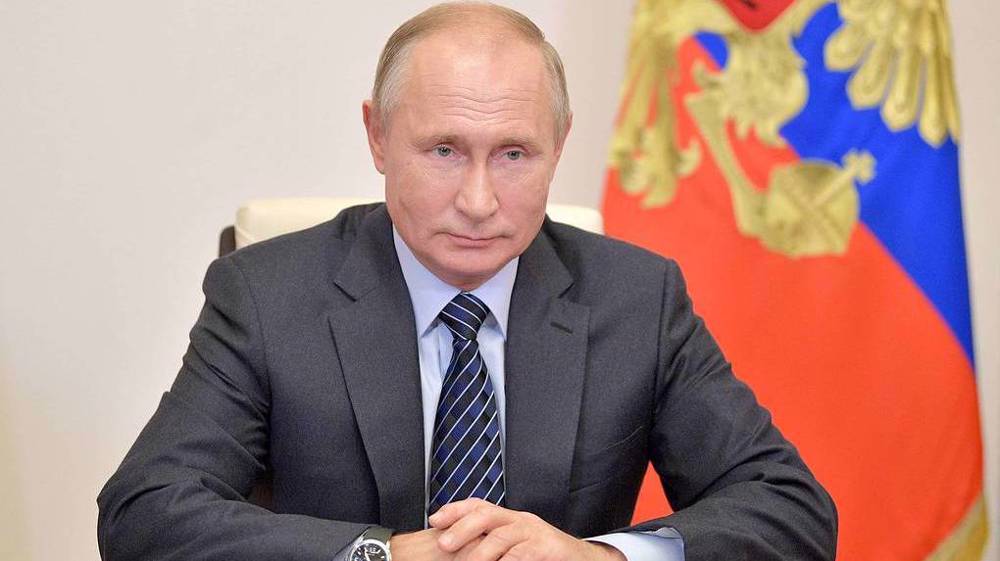

 This makes it easy to access the Press TV website
This makes it easy to access the Press TV website